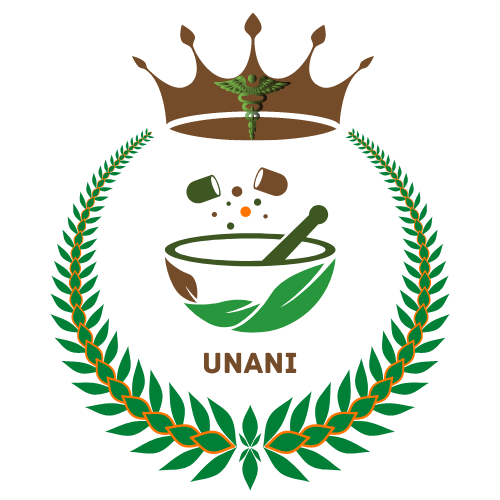
HISTORY
Unani is a traditional system of medicine that originated in ancient Greece and was further developed and refined by Arab and Persian scholars during the Islamic Golden Age. The term “Unani” is derived from the Arabic word “Unan,” which means Greece. It is also known as “Greek medicine” or “Greco-Arabic medicine.”
TYPES OF UNANI
Unani medicine is a traditional system of healing that originated in ancient Greece and was later adopted and developed by Arab and Persian scholars. It is based on the concept of balancing the four humors (blood, phlegm, yellow bile, and black bile) in the body to maintain health.
There are several types or branches of Unani medicine that have been developed over time
- REGIMENAL THERAPHY
- PHARMACO THERAPHY
- SURGERGY
- DIETOTHERAPHY
- EXERCISE THERAPHY
- CUPPING THERAPHY
This branch of Unani medicine focuses on lifestyle modifications, dietary changes, and physical therapies to prevent and treat diseases. It includes methods such as massage, exercise, cupping (hijama), and detoxification techniques like purgation and diuresis.
This branch deals with the use of natural substances, mainly plants, and their derivatives, to prepare medicines. Herbal remedies are considered the mainstay in Unani medicine. Plant-based drugs are prepared in various forms, such as powder, decoctions, oils, and ointments, and are used to treat a wide range of diseases.
Unani surgery is a branch that involves the use of surgical interventions to treat certain conditions. However, it is a limited branch as surgery is generally considered the last resort in Unani medicine.
This branch focuses on the role of diet in preventing and treating diseases. It emphasizes the use of specific foods and dietary modifications to restore the balance of humor in the body. Dietary recommendations are made based on the individual's constitution and the nature of the disease.
This branch emphasizes the importance of physical exercise in maintaining good health and preventing diseases. It includes various forms of exercise and physical activities, such as walking, yoga, and breathing exercises, which are believed to improve overall well-being.
Cupping therapy is a technique used in Unani medicine to improve blood circulation, remove toxins, and restore balance to the body. It involves creating suction on specific points of the body using glass cups or bamboo jars. This therapy is believed to have a wide range of benefits, including relieving pain, improving digestion, and boosting the immune system.
TREATMENTS
Unani medicine is an ancient system of medicine that originated in Greece and was later adopted and developed by Arab and Persian scholars. It is based on the concept of balancing the four humors (blood, phlegm, yellow bile, and black bile) in the body to maintain health and treat diseases.
The treatment in Unani medicine involves a comprehensive approach that takes into account the individual’s physical, mental, and spiritual well-being. The goal is to restore the balance of the humor and promote the body’s natural healing processes.
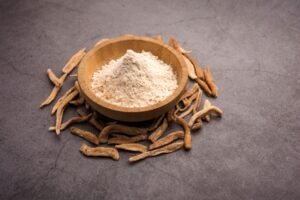
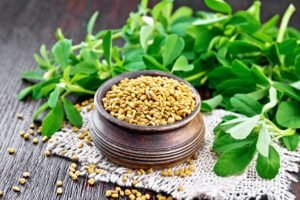
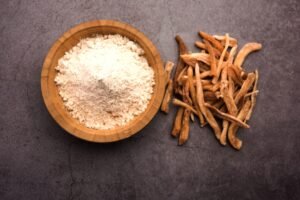
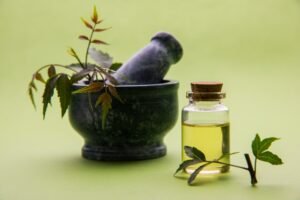
TYPES OF TREATMENTS
Herbal Medicines: Unani medicine relies heavily on the use of herbal medicines. These herbs are carefully selected and prepared to create remedies that address specific health issues. Each herb has its unique properties and is used to treat various diseases and imbalances.
Diet and Nutrition: Unani medicine emphasizes the importance of a healthy diet in maintaining good health and preventing diseases. It recommends a balanced diet that includes fresh fruits, vegetables, whole grains, and lean proteins. Certain foods are also prescribed to rebalance the humors in the body.
Cupping Therapy: Cupping therapy is a common treatment in Unani medicine. It involves creating suction on the skin using cups to promote blood flow, relieve muscle tension, and improve overall well-being. Cupping therapy is used for various conditions such as pain, inflammation, and respiratory disorders.
Massage Therapy: Massage is another important treatment in Unani medicine. Different types of massages are used to improve blood circulation, relax muscles, and promote overall well-being. Herbal oils or medicated oils may be used during the massage to enhance its therapeutic effects.
Hijama Therapy: Hijama therapy, also known as wet cupping, is a type of bloodletting therapy used in Unani medicine. It involves creating small incisions on the skin and then placing cups to collect a small amount of blood. Hijama therapy is believed to remove toxins from the body, improve circulation, and promote healing.
Exercise and Physical Activity: Unani medicine recognizes the importance of regular exercise and physical activity in maintaining good health. It recommends various exercises and movements that are suitable for individuals based on their constitution and health condition. Physical activity helps in improving blood circulation, strengthening muscles, and maintaining a healthy weight.
Regimen Therapy: Regimen therapy in Unani medicine focuses on adopting a healthy lifestyle and daily routines to maintain balance and prevent diseases. It includes recommendations for sleep, waking up early, hygiene, stress management, and other lifestyle factors.

